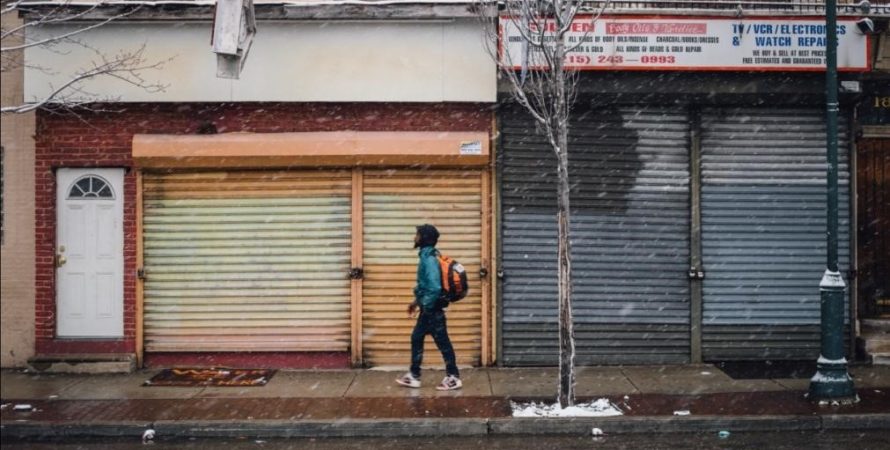Unrest across Hong Kong necessitates an intervention by the government. The city’s small business holding traders suffer considerable losses as the demonstrations continue and worsen the retail landscape.
The protests are a series of demonstrations against the Extradition Bill introduced earlier this year by John Lee, Secretary for Security. The demonstrations started soon after the bill was published on 29th March 2019 and have continued since.
Earlier this week, the transport network came to a halt after an organized campaign took over. This was followed by rallies, violent attacks on police stations and clashes between protesters and police. There have also been service disruptions and massive cancelation of flights.
President of the Hong Kong Federation of Restaurants and Related Trades, Simon Wong Ka-wo, claimed that the city-wide strike on Monday had greatly impacted shops and restaurants. He estimated them to have made only half of the business sales than expected.
Explaining the 50 percent drop in the daily intake of dining and retail business managers, Wong said that many places had opened late and closed soon. The short working hours were an inevitable consequence of clashes and chaos on the streets and the crackdown of the public transit. He expressed that unrest in the city threatened the employees’ safety and explained their lack of willingness to come for work.
The financial loss of the dining sector alone mounts up to HK$280 million. Paul Chan, Finance Chief of Hong Kong, has requested the protestors to halt their activities and warned them that if the turmoil persists, the city might be on the verge of economic recession.
Chan also pointed out to the downfall of retail sales by 6.7 percent in June, which had caused the GDP to decrease by 0.3 percent. He commented that he was concerned about the city’s economy which was losing its momentum.
The anti-extradition movement has also adversely affected the influx of tourists in Hong Kong city, whose spending had accounted for a third of sales in the retail industry. Retail sales could therefore further reduce by 20 percent.
The increasing frequency of protests in the past two months has caused loss of income, reduction of staff and financial setbacks for the retail industry.




中国私立医院数量攀升